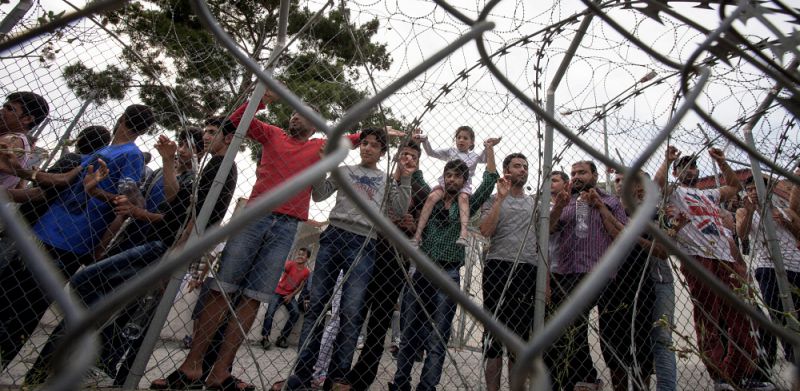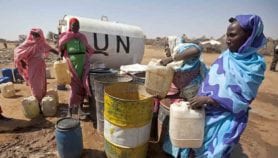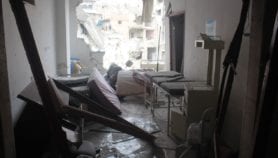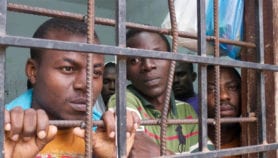By: Inga Vesper
Send to a friend
The details you provide on this page will not be used to send unsolicited email, and will not be sold to a 3rd party. See privacy policy.
Every day, more and more refugees arrive at the EU’s borders – via boat or land, while many more die on the journey. Yet, politically, few solutions have been offered so far. Between the far left’s demands to let everyone in and the far right’s claims, “We are full”, Europe is far from a plan on how to tackle this crisis realistically.
Jean-Claude Juncker, the president of the European Commission, spent the large part of a record-breaking 80-minute State of the Union speech today lambasting European governments for not doing enough. His speech was clear, honest and held me riveted –making it stand out among the many dreary and fuzzy parliamentary debates I have listened to during my career.
Dealing with refugees is a matter of historical fairness in Europe.
Jean-Claude Juncker, European Commission
I must declare myself at this point as an avid supporter of both the EU and immigration. This is because I consider the EU, this cumbersome political construct, as the reason why the fear, desperation and hope that drive refugees seem so remote to Europeans today. Europe has seen its fair share of fugitives, even in recent history – Jews fleeing Germany, Germans fleeing Poland, Spaniards seeking refuge from Franco’s dictatorship, Irish sailing across the Atlantic to a life far away from starvation and poverty.
But because of the EU, these days Europeans help each other out. We have peace, we have trade, we don’t just let countries that suffer a financial crisis descend into economic misery (although it remains to be seen how precisely Greece will be “rescued”).
And we must not forget that the majority of Europe’s wealth was generated by exploiting those countries outside the 16-star circle. Starting with enslavement and moving on to colonialisation, European countries are even today exploiting natural resources and fanning the flames of conflict in poor countries for their own economic gain. Juncker, in his speech, was right when he said: “Dealing with refugees is a matter of historical fairness in Europe”.
Now Europe must act on its rhetoric, and some of Juncker’s proposals sound promising. The EU will soon offer a list of “safe countries” considered not to pose a threat to their citizens, to speed up asylum seeker claims. The Union also wants to create a €1.8 billion investment fund for Northern African countries to support economic growth there and improve living conditions for local people with the hope of alleviating their incentive to embark on the dangerous boat journey to Europe.Juncker’s speech was a refreshing burst of clarity and commitment to basic human values at a time when political statements of such magnitude are few and far between. The EU’s commitment to follow up with policy proposals is laudable. But for the thousands of refugees still waiting to be let in, national governments have to back these proposals, and back them swiftly. Otherwise they will remain empty promises.














